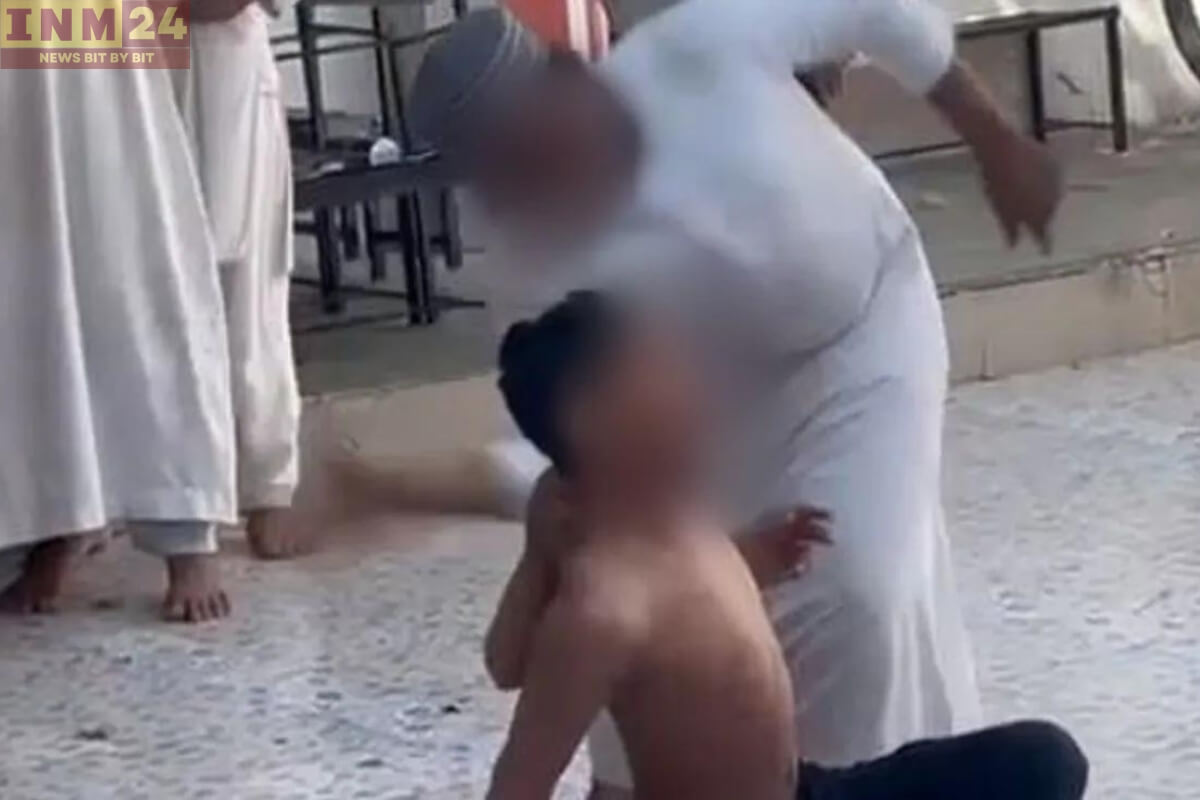In a disturbing incident, a 16-year-old student was brutally attacked in a madrasa located in Maharashtra, allegedly over the theft of a ₹100 watch. The incident has shocked the local community and raised concerns about the safety and well-being of students in educational institutions.
According to reports, the victim, a teenage boy, was accused of stealing a watch worth ₹100 belonging to another student. Angered by the alleged theft, a group of individuals, including fellow students and possibly teachers, reportedly subjected the victim to a violent assault within the premises of the madrasa.
Impact of Violence in Educational Institutions: Undermining Safety and Trust
The attack on the 16-year-old is deeply troubling and highlights the grave consequences of resorting to violence to address conflicts or disputes. Educational institutions are meant to be safe spaces where students can learn and grow without fear of physical harm or intimidation. However, incidents like these undermine the sanctity of such spaces and erode trust in the educational system.
The assault on the teenage boy also raises questions about the role of authorities and educators in ensuring the safety and well-being of students. It is imperative for educational institutions to have robust mechanisms in place to prevent and address instances of violence, harassment, and bullying among students.
Furthermore, the incident underscores the need for a culture of accountability and respect within educational institutions. Resorting to violence to resolve conflicts sets a dangerous precedent and perpetuates a cycle of aggression and retaliation. Instead, conflicts should be addressed through peaceful means, such as dialogue, mediation, and conflict resolution strategies.
Prioritizing Student Safety: The Call to Action After Madrasa Assault
The attack on the 16-year-old in the Maharashtra madrasa serves as a wake-up call for authorities, educators, and society as a whole to prioritize the safety and welfare of students. It is essential to create an environment where students feel empowered to report incidents of violence and where perpetrators are held accountable for their actions.
The assault on the 16-year-old student in the Maharashtra madrasa over the alleged theft of a ₹100 watch is a stark reminder of the importance of fostering a culture of non-violence and respect within educational institutions. It is incumbent upon authorities and educators to ensure the safety and well-being of students and to address conflicts through peaceful and constructive means. Only then can educational institutions truly fulfill their role as places of learning and growth for all students.
